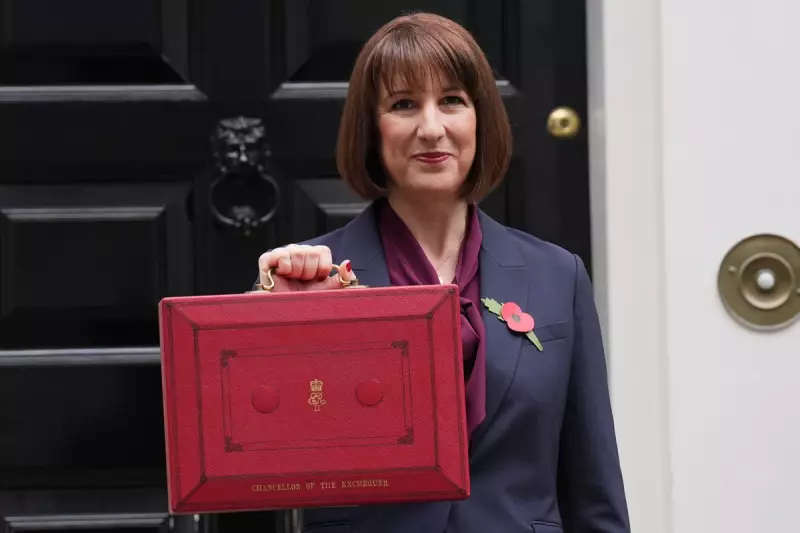
Chancellor Rachel Reeves is preparing a significant crackdown on benefit fraud as part of her upcoming Budget statement, aiming to raise £1.2 billion to help balance the nation's books.
Major Budget Measures
Alongside the fraud initiative, Ms Reeves is expected to scrap the controversial two-child benefit cap, a move that would cost the Treasury over £3 billion. With the government grappling with weak economic growth and persistent inflation, the Chancellor may also raise taxes to bridge a multi-billion-pound spending gap.
The fraud crackdown will involve extending targeted case reviews for Universal Credit inaccuracies, a measure projected to yield the substantial £1.2 billion by March 2031. Separately, The Times reports that Ms Reeves may levy over 100,000 properties valued above £2 million, potentially raising £400-£450 million.
Potential Tax Changes and Political Fallout
This property measure would involve revaluing 2.4 million top-tier council tax properties, with payments deferrable until death or sale to prevent forced disposals. After scrapping plans to raise income tax, the Chancellor is expected to look to what sources describe as a 'smorgasbord' of smaller measures to generate revenue.
These are thought to include introducing a pay-per-mile tax for electric vehicle drivers and limiting how much workers can stash in their pensions under salary sacrifice schemes before paying national insurance. An extension of the freeze on income tax thresholds is also among rumoured measures, which would see more people dragged into paying tax for the first time or shifted into a higher rate as their wages increase.
Shadow chancellor Sir Mel Stride accused Ms Reeves and Labour of choosing to increase the country's welfare bill and passing the cost on to workers. Writing in The Daily Telegraph, Sir Mel stated: 'When taxes go up this week – when your pay packet shrinks – remember this is not because of global forces, or Brexit, or the Conservatives but because Labour has chosen higher welfare and is sending the bill to you.'
Broader Implications and Reactions
The Liberal Democrats have described the potential threshold freeze as 'rank hypocrisy' and a 'stealth tax stitch-up' by Labour and the Conservatives. They claim extending it for two years will drag another 1.3 million people into starting to pay income tax or into the higher rate, on top of the 7.7 million already estimated to be hit under the Conservative freeze due to end in 2028.
Helen Miller, director of the influential Institute for Fiscal Studies, suggested that freezing the income tax threshold would 'break the letter' of Labour's manifesto. She told BBC Radio 4's Westminster Hour: 'Assuming that it's done the same way that it's been done so far, it will also be a freeze in national insurance thresholds. It will therefore also be an increase in national insurance, and if so, in my mind, it would also break the letter of the manifesto, which said no increase in national insurance.'
Ms Reeves will deliver her crucial Budget statement on Wednesday amidst challenging economic conditions including weak growth, persistent inflation and an expected downgrade to official productivity forecasts.





